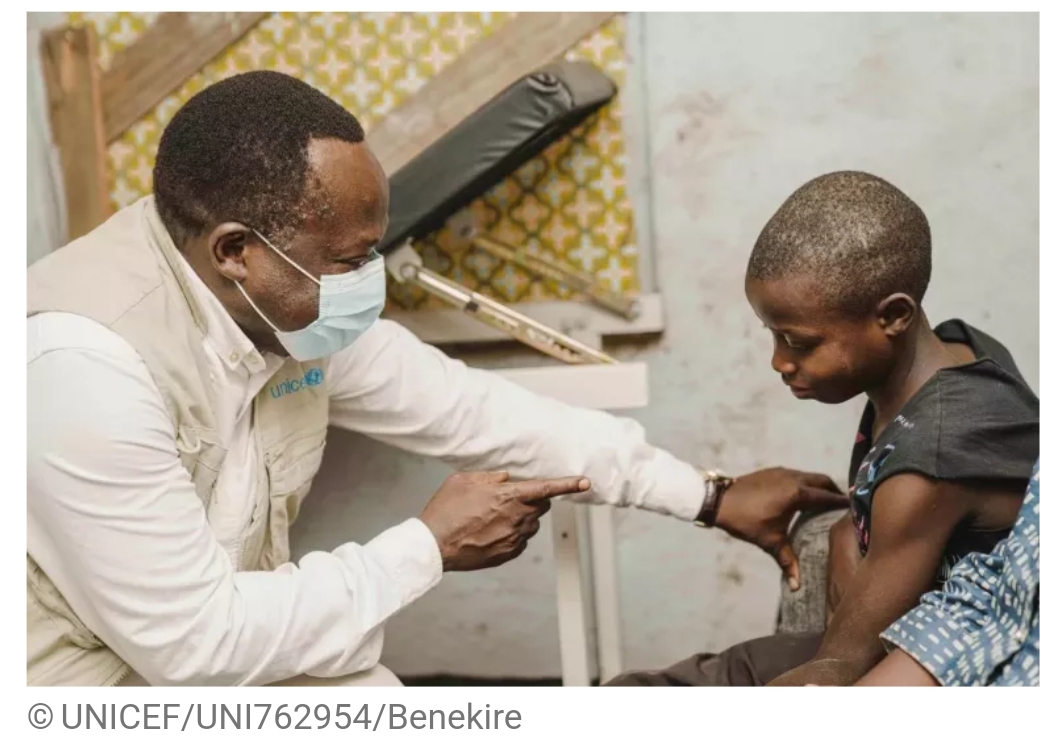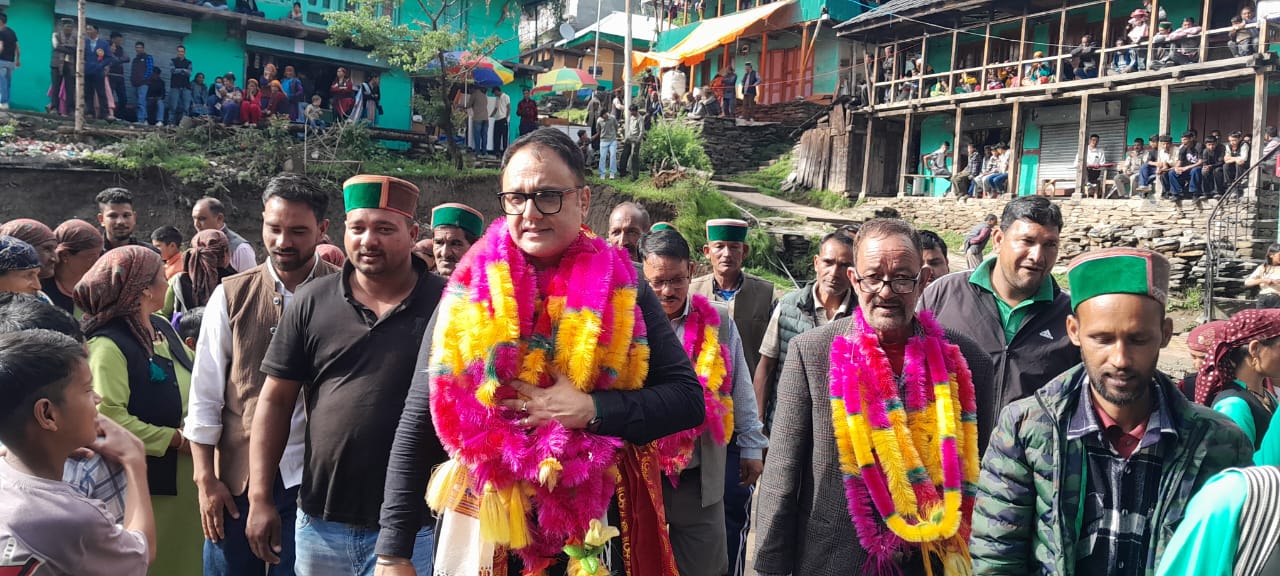UNICEF Responds to Crisis in South Kivu as Fighting Displaces Over 850,000 People and Endangers Children.
Bukavu, DR Congo:
The resurgence of violence in South Kivu, located in the eastern Democratic Republic of the Congo (DRC), has triggered a humanitarian disaster, displacing more than 850,000 people, nearly half of whom are children. As the conflict intensifies, children are facing extreme risks, including killings, sexual violence, and recruitment by armed groups, while vital services like education, healthcare, and access to clean water have been severely disrupted.
Since January 2025, UNICEF has reported a sharp surge in grave violations against children, with verified cases rising by approximately 150 percent compared to December 2024. These violations include the horrific targeting of children through sexual violence, killings, maiming, and forced recruitment by armed factions.
Jean François Basse, UNICEF’s Acting Representative in the DRC, visited the region earlier in March and described the situation as an “unprecedented protection crisis” for children. “I met unaccompanied children seeking refuge who have lost everything. Their distress is immense, and every day without a stronger humanitarian response worsens their suffering,” Basse stated. “Children are being killed, recruited, torn from their families, and exposed to unimaginable violence.”
The fighting has also severely hampered humanitarian operations. The closure of Kavumu airport, an essential supply route located just 25 kilometers north of Bukavu, has disrupted the delivery of crucial aid. Hospitals are overwhelmed by an influx of patients, with over 15 health facilities partially destroyed and ongoing outbreaks of cholera, measles, and mpox spreading rapidly, especially in displacement sites.
Education has been hit hard by the conflict, with more than 1,000 schools closed, affecting over 300,000 students. In Bukavu, 19 schools are now housing displaced families, highlighting the dire need for urgent solutions to address both humanitarian and educational needs simultaneously.
Despite these challenges, UNICEF and its partners are stepping up their efforts to provide critical assistance. In the first phase of its response, UNICEF has set up four operational “listening points” to offer psychosocial support and connect affected children and families with vital services. Additionally, mobile teams are working in cholera-affected areas, conducting disinfection activities, raising awareness, and facilitating medical referrals.
UNICEF is also working to improve access to clean water, with three purification stations supplying 180,000 liters of clean water daily. As part of its education efforts, the organization is advocating for the reopening of schools and is supporting demining efforts and rapid rehabilitation of damaged facilities.
In the health sector, UNICEF is focusing on responding to the outbreaks of cholera and mpox by supporting local health centers with medical supplies, nutritional care, and mental health services for children and families affected by the crisis.
“The children of South Kivu are suffering immensely,” Basse said. “We call on all parties to the conflict to immediately cease hostilities, protect children, and respect international humanitarian law, ensuring that humanitarian aid can reach those in need without hindrance.”
UNICEF, in collaboration with local and international partners, remains committed to scaling up its response to save lives and support the resilience of children and families in South Kivu, as the region continues to grapple with the effects of ongoing conflict.



